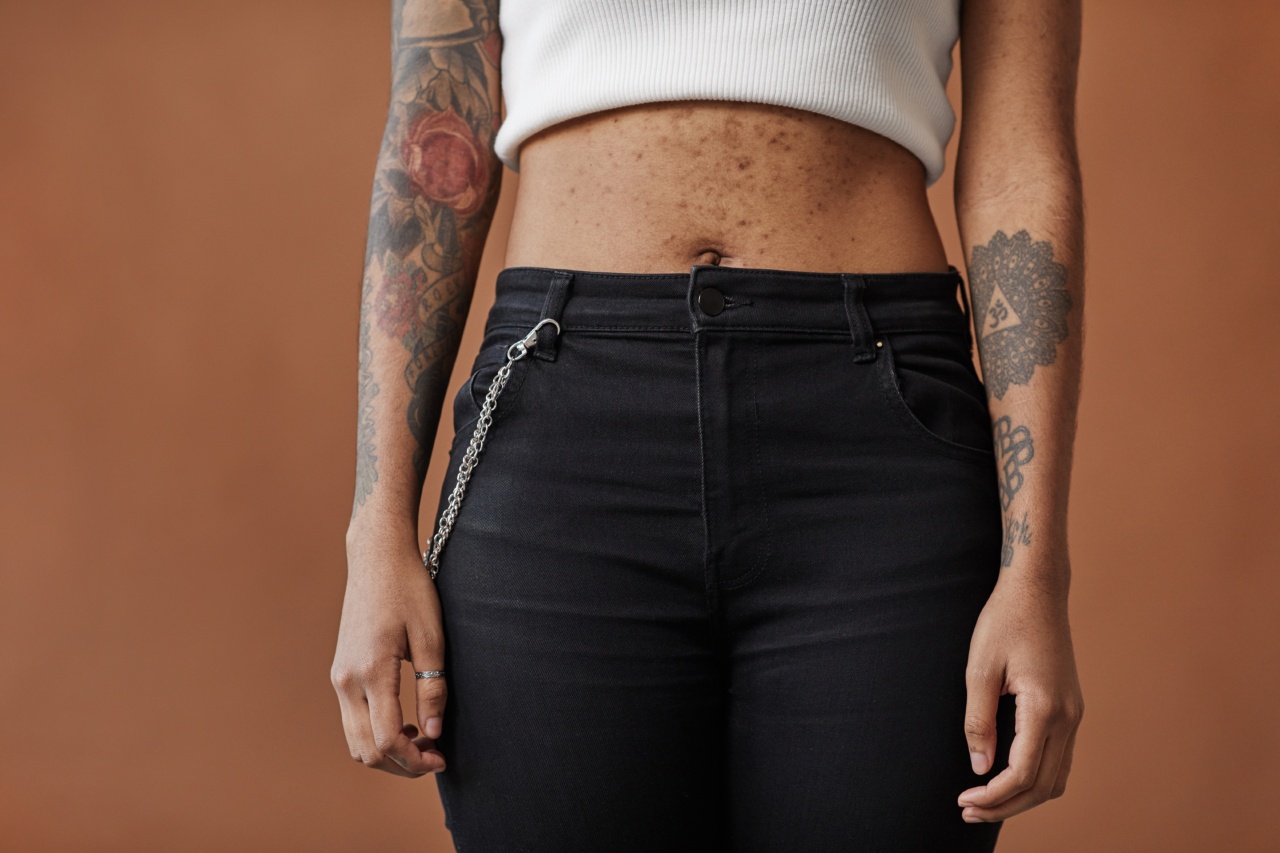Acne is a common skin condition that affects millions of people worldwide. Although there is plenty of information available about acne, there are still many myths and misconceptions surrounding the condition.
In this article, we’ll take a look at some of the most common myths surrounding acne and debunk them with the latest research.
Myth #1: Acne is caused by poor hygiene
One of the most common myths about acne is that it is caused by poor hygiene, such as not washing your face enough. However, this is not true. Acne is actually caused by a combination of factors, including hormonal changes, genetics, and clogged pores.
In fact, excessive washing can actually make acne worse by irritating the skin and causing more oil production.
Myth #2: Eating greasy food causes acne
Another popular myth is that eating greasy or oily foods causes acne. While it’s true that certain foods can trigger acne in some people, there is no direct link between eating greasy food and developing acne.
However, a diet high in refined carbohydrates and sugar may contribute to the development of acne by increasing insulin levels and inflammation.
Myth #3: Acne only affects teenagers
Acne is often associated with teenagers, but it can actually affect people of all ages. In fact, many adults suffer from acne well into their 30s, 40s, and even 50s. Hormonal changes, stress, and certain medications can all contribute to acne in adults.
Myth #4: Sun exposure helps clear up acne
While a little bit of sun exposure can help improve acne temporarily by drying out the skin, excessive sun exposure can actually make acne worse. Sun damage can cause the skin to produce more oil, leading to clogged pores and breakouts.
Myth #5: Scrubbing the skin will help get rid of acne
Skin scrubbing is often recommended as a way to get rid of acne. However, scrubbing can actually make acne worse by irritating the skin and spreading bacteria.
Instead of scrubbing, it’s important to use gentle, non-comedogenic products and to avoid picking or squeezing pimples.
Myth #6: Acne is contagious
Acne is not contagious and cannot be spread from person to person. However, certain bacteria that can contribute to acne can be transferred through shared objects like towels and pillowcases.
Myth #7: Acne is caused by stress
While stress can certainly exacerbate acne, it is not the direct cause of the condition. Hormonal changes and genetics are the primary causes of acne.
However, stress can make acne worse by triggering the release of stress hormones, which can increase oil production and inflammation.
Myth #8: Acne can be cured with over-the-counter products
Over-the-counter acne products can help improve mild to moderate acne, but they are not a cure for the condition. In fact, some over-the-counter products can actually make acne worse by drying out the skin or causing irritation.
Severe or persistent acne may require prescription medications or professional treatments.
Myth #9: Squeezing pimples will make them go away faster
Squeezing or picking at pimples is one of the worst things you can do for your skin. It can cause inflammation, scarring, and the spread of bacteria. It’s important to let pimples heal on their own or to seek professional treatment.
Myth #10: Acne is just a cosmetic issue
Acne can have a significant impact on a person’s self-esteem and mental health. In fact, studies have shown that people with acne are more likely to experience depression, anxiety, and social isolation.
It’s important to take acne seriously and to seek treatment if necessary.






























